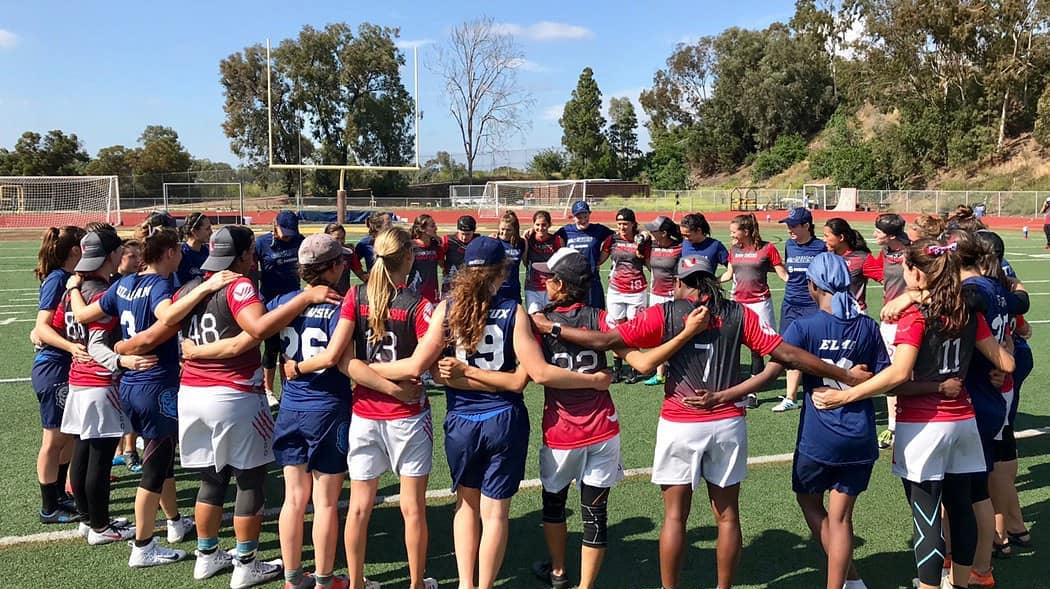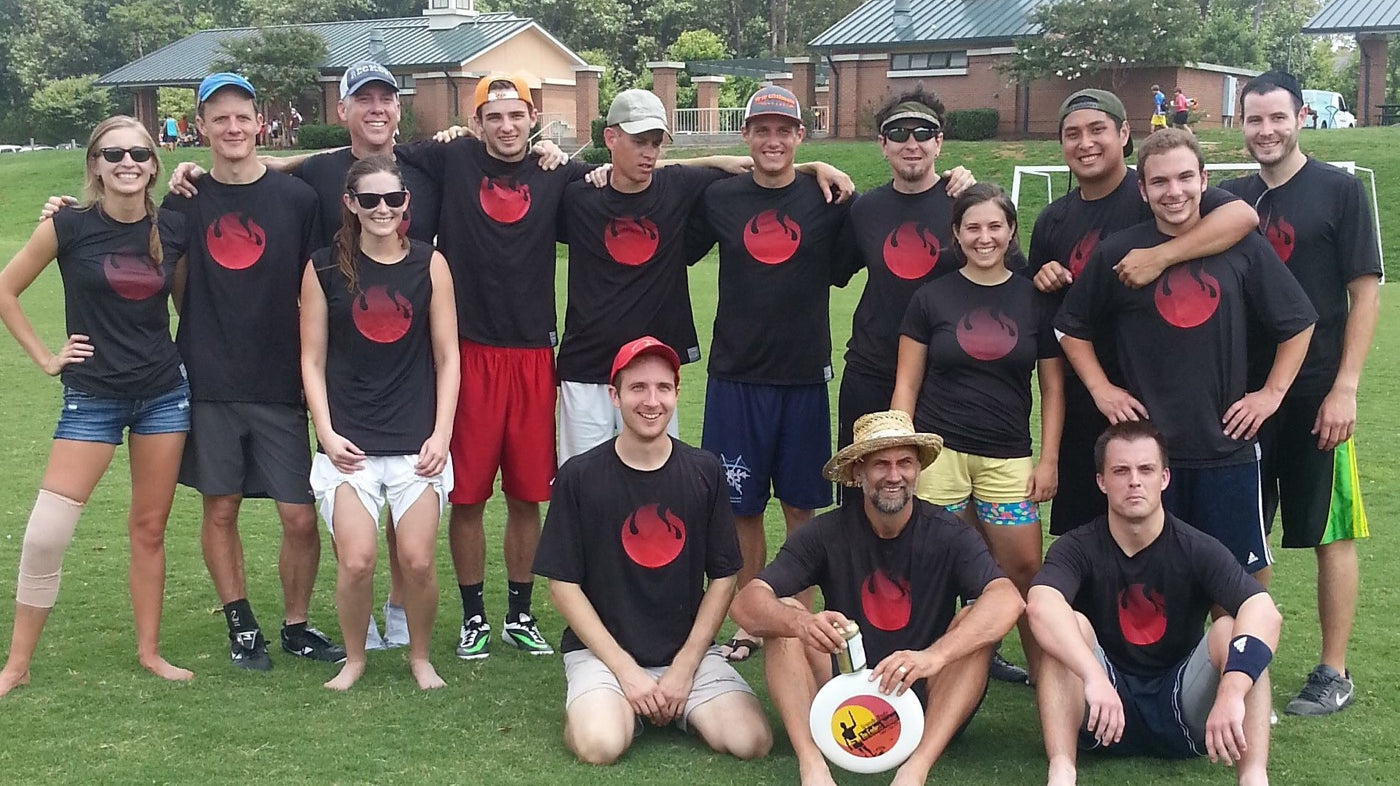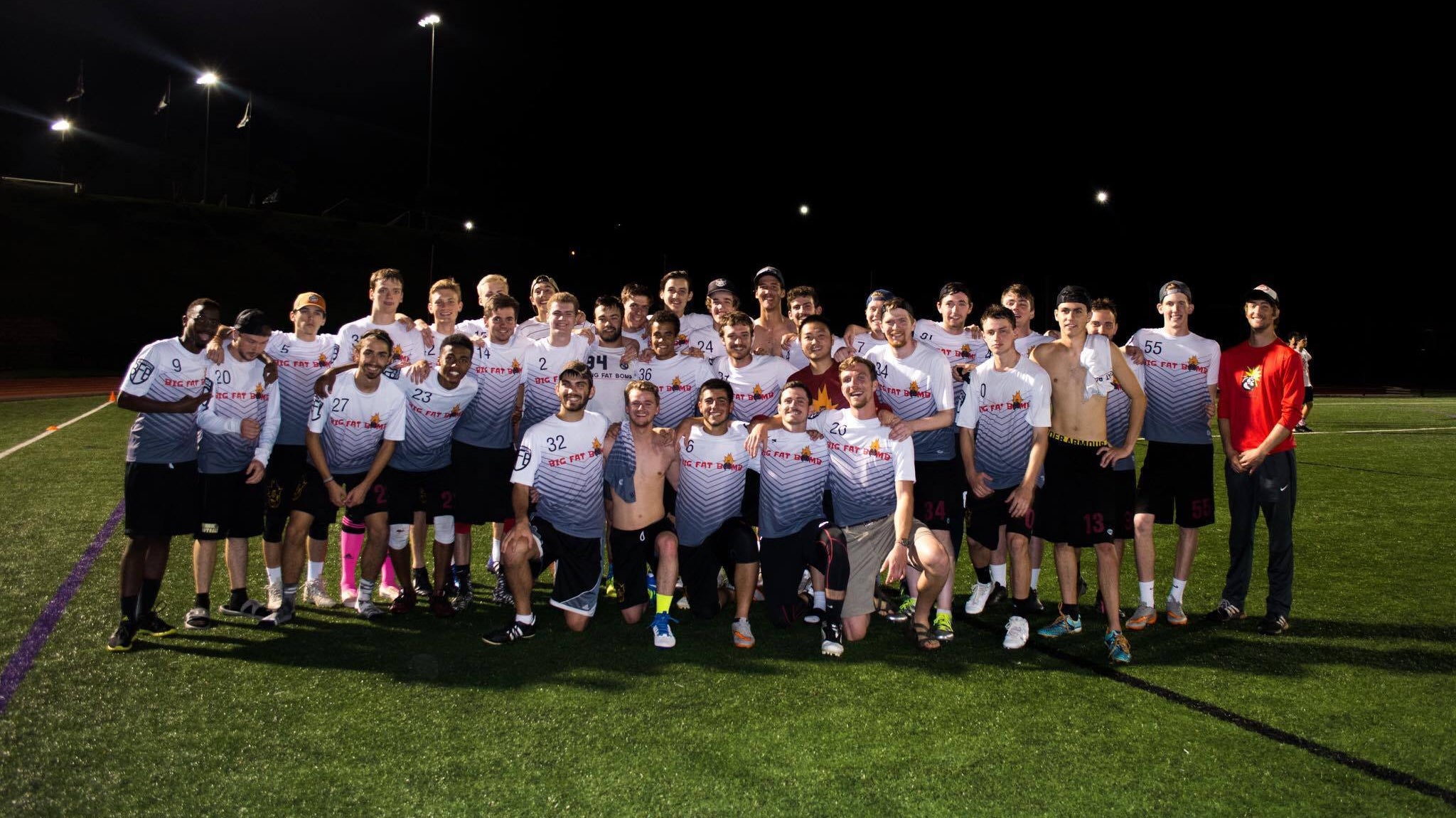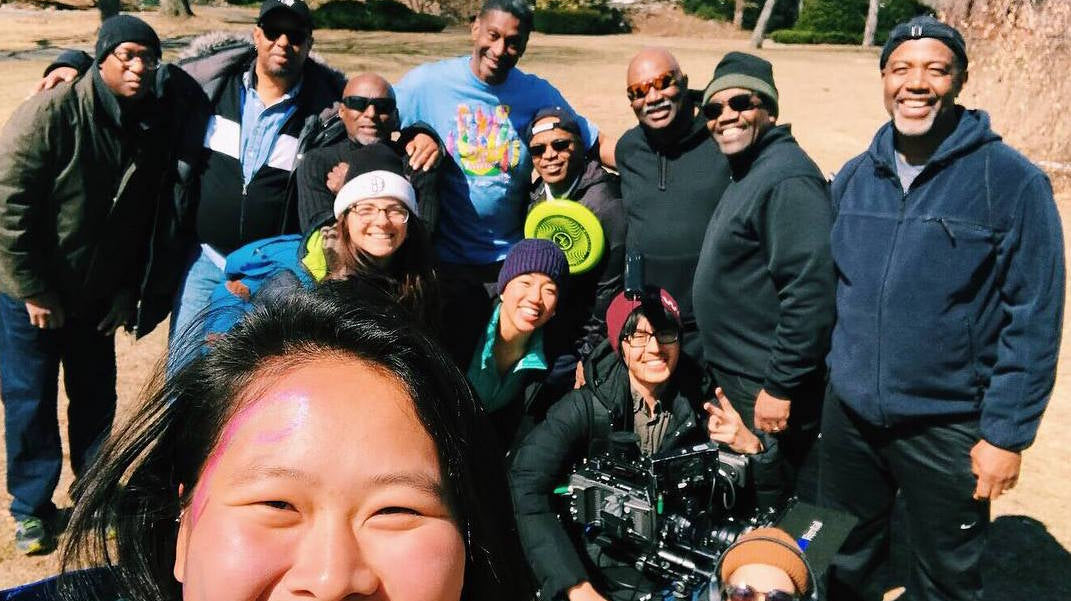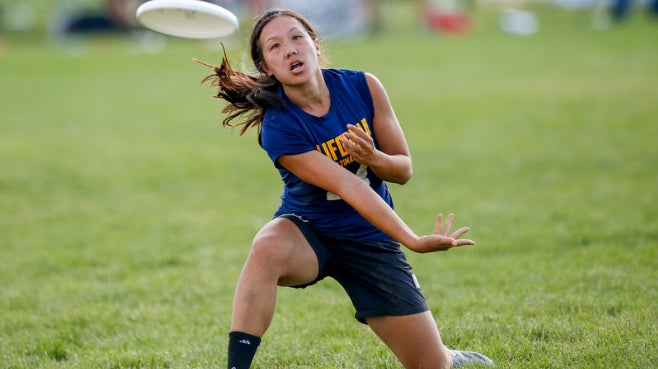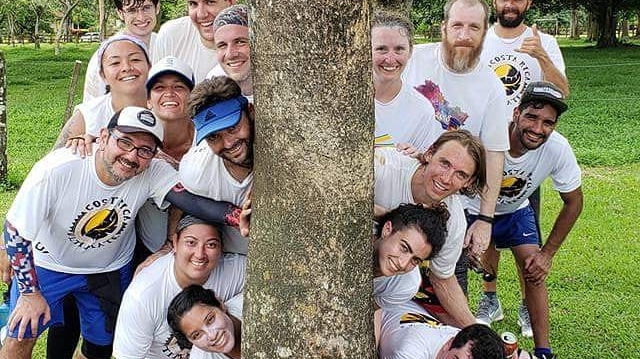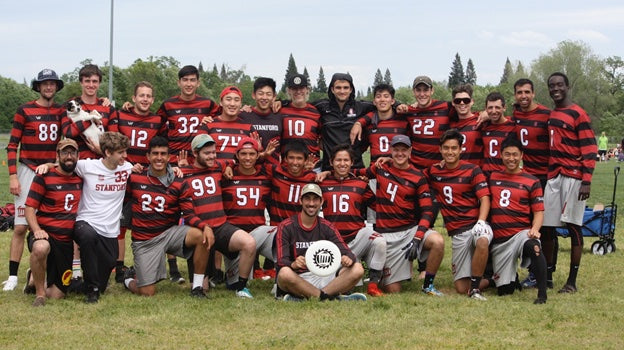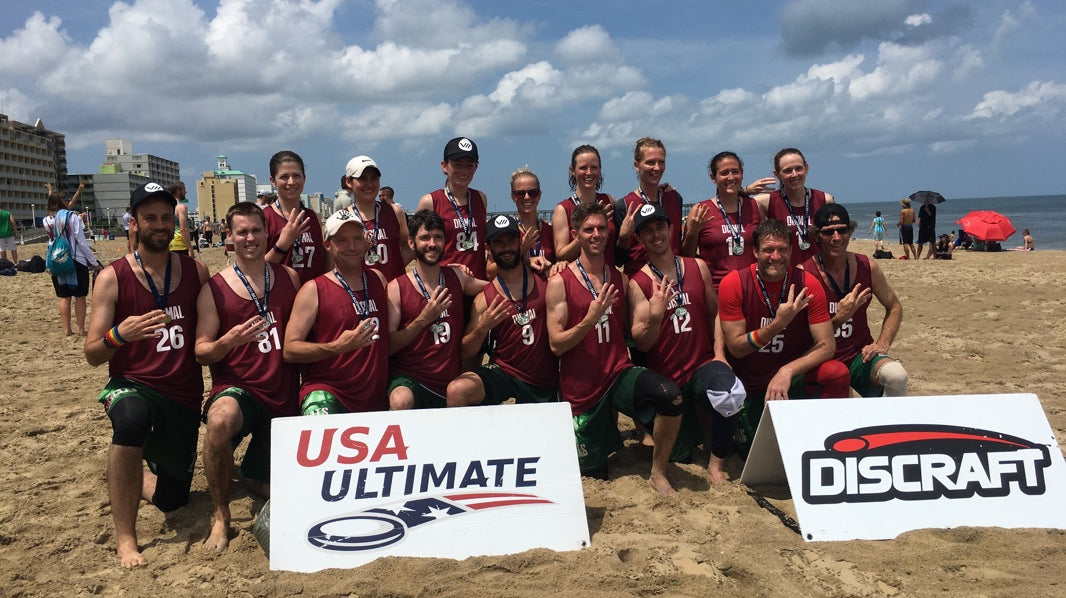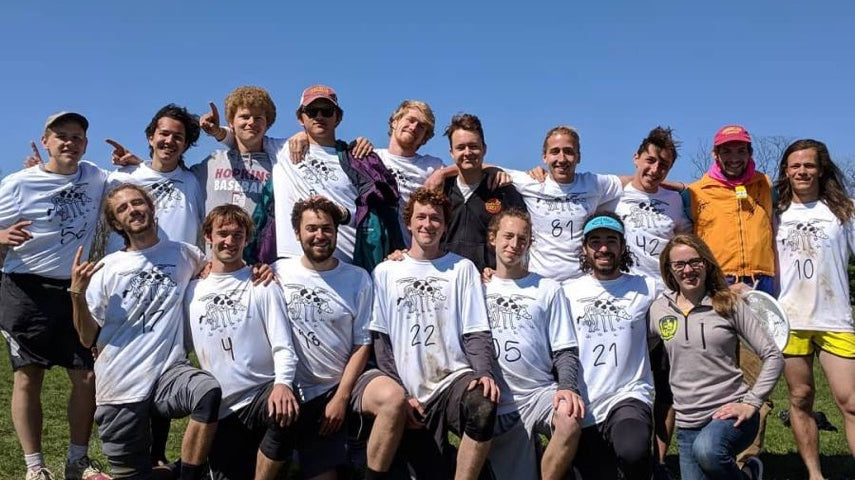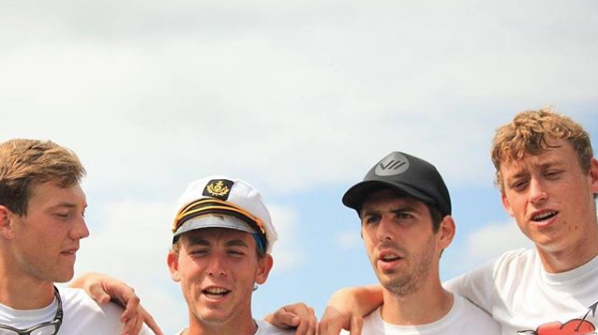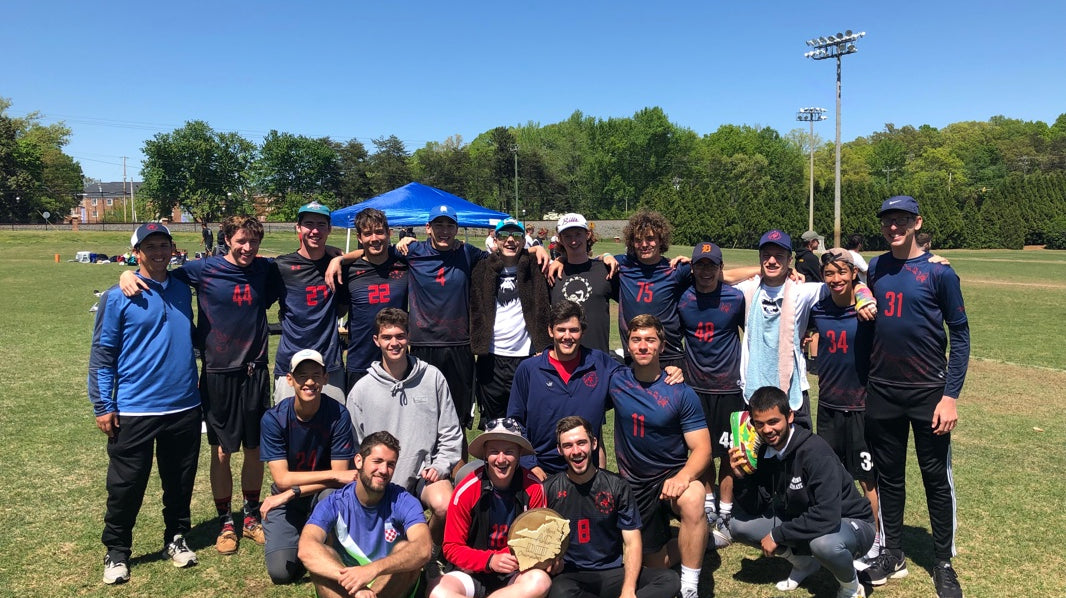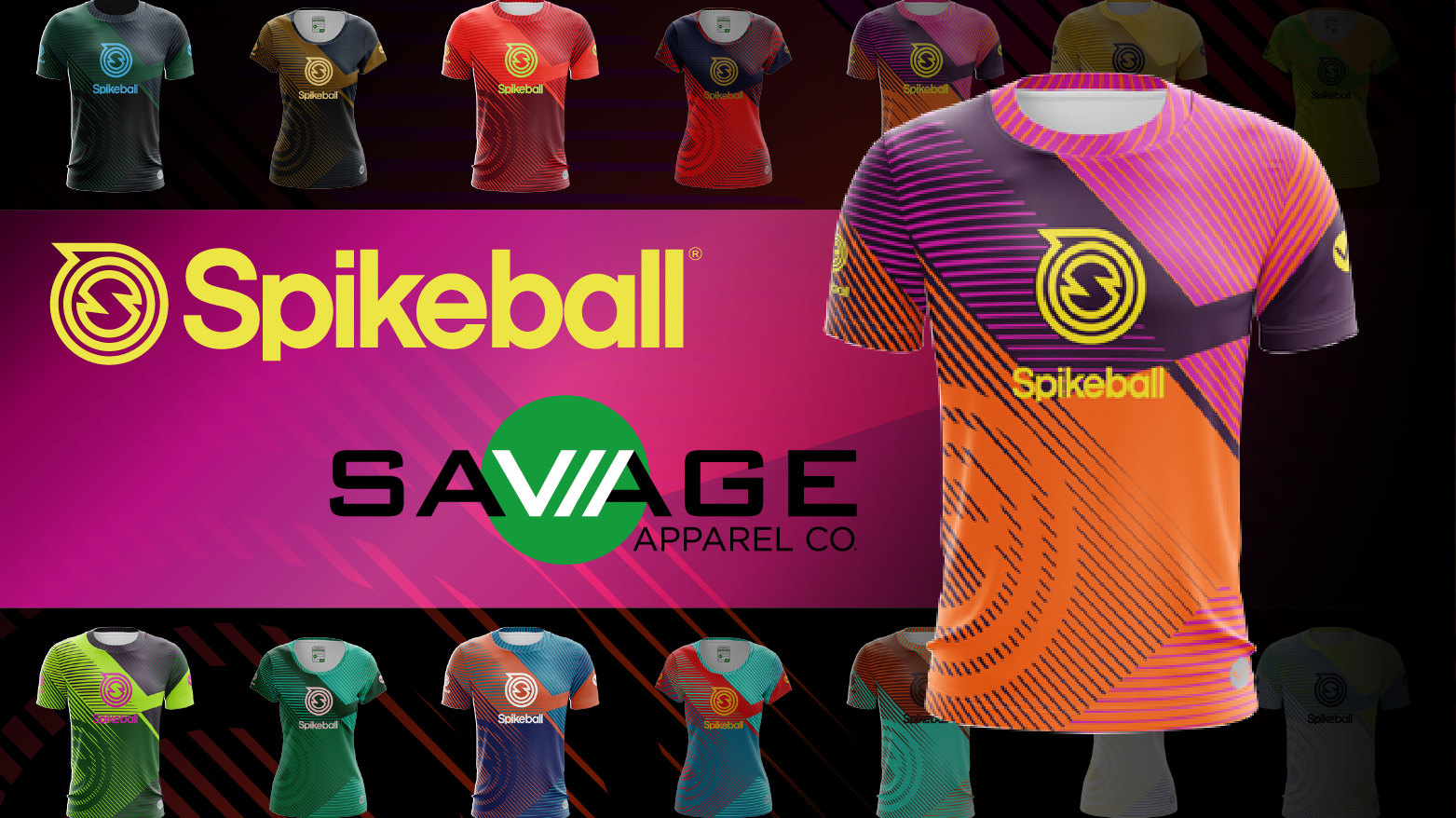News
WestCoast Women's Pro Ultimate takes off running
Professional women's ultimate frisbee has officially arrived in Southern California with WestCoast Women's Pro Ultimate, and Savage is proud to be outfitting the Los Angeles 99s and San Diego Wolfpack as...
How one ultimate player is fighting for a cure for Cystic Fibrosis
STEM Ultimate coach Joe Norskov is the best kind of role model. The Knoxville resident is using Ultimate and his connections to help advance the mission of the Cystic Fibrosis...
7 Questions with Elon's Big Fat Bomb
Elon Ultimate's Big Fat Bomb is one of those teams Savage has been working with for longer than we remember. We love making ultimate jerseys for this crew, because they...
Checking in on The Sky Is Red documentary with Julia Johnson
Ultimate fans everywhere have been buzzing about the trailer for a new documentary that promises to tell the untold story of racial, class, and gender equity in the sport of...
Checking in with 2018 Callahan winner Jackelyne “Kobe” Nguyen
USA Ultimate recently announced the winner of the 2018 Women's Callahan Award: Jackelyne “Kobe” Nguyen. A member of UC-Berkeley's Pie Queens, Kobe quickly went from being a completely inexperienced rookie to being...
I Played Ultimate Under A Volcano
There are a few perks to working at Savage — like cool coworkers, a pinball machine, and occasional doughnut deliveries. Plus, every year, one team member (along with one lucky...
Road to Nationals: 4 Questions with Stanford Bloodthirsty
The last few weeks, we've been interviewing some Savage teams that were headed to D-III College Championships in Illinois. Now, we're moving on to the D-I teams, starting with Stanford's...
Savage Recap: 2018 USA Ultimate Beach Championships
Sixty-one ultimate frisbee teams converged on Virginia Beach, Va. this past weekend for the 2018 USA Ultimate Beach Championships. The five divisions had some intense play on a weekend that...
Road to Nationals: 6 Questions with Oberlin Flying Horsecows
We're interviewing a few Savage teams that are headed to D-III College Championships May 19-20 in Illinois. Next up: Oberlin College's Flying Horsecows. Thanks to Jonathan Karpatkin for answering these totally...
Road to Nationals: 8 Questions for Mary Washington's MOG
We're interviewing a few of the Savage-sponsored teams that are headed to D-III College Championships May 19-20 in Illinois. Next up: Mary Washington's Mother of George, a team that's close...
Road to Nationals: 6 Questions for the University of Richmond Spidermonkeys
Over the next few weeks, we'll be interviewing a few of the Savage-sponsored teams that are headed to D-III College Championships May 19-20 in Rockford, Ill. We're starting off with...
Tune in to ESPN2 for Spikeball Saturday
We all know how fun it can be to watch Spikeball IRL, but have you seen it on TV? We haven't either, which is why we can't wait to tune...

